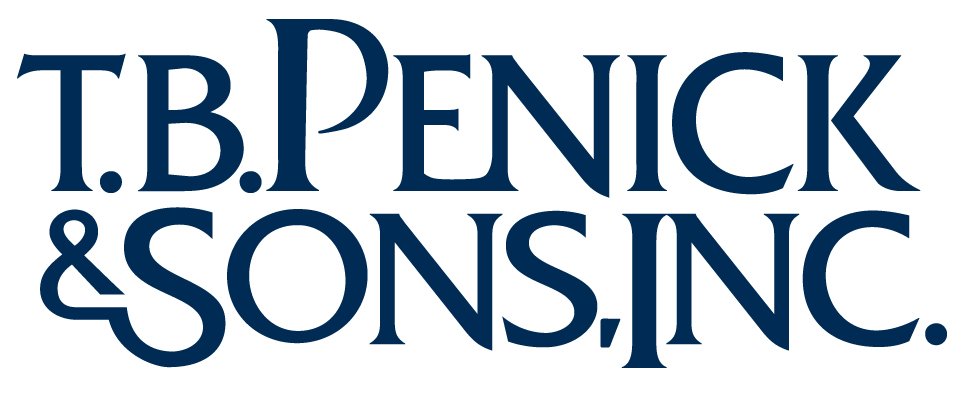February’s Monthly Risk Management Tip
Why you need to understand the prevailing party provision in your contracts
A prevailing party provision is a clause often included in contracts that requires the losing party of a lawsuit or claim to pay the legal expenses incurred by the prevailing party. In the absence of this provision, each party typically covers their own legal costs. Supporters of this provision believe the clause will make each party think twice before bringing a frivolous claim against the other. It is especially appealing to firms that need to bring a suit against their client for non-payment of fees. If a mutual prevailing party provision is in the contract and the firm sues for fees and wins, the court would award reimbursement of their legal costs in addition to the unpaid professional fees. If the clause was not in the contract, the firm would be responsible for their own legal costs.
On the opposing side, there are many legal and insurance professionals that feel the potential exposure of the provision outweighs any benefits. Most professional liability policies cover a firm’s legal liability arising out of their negligence. The policies specifically exclude liability assumed under contract that is not a direct result of their negligence. Depending on how the prevailing party provision is written, the clause may be uninsurable. For example, if a court finds you even partially responsible for negligence as charged and determines that the other party has “prevailed,” you could end up paying the other party’s legal fees in addition to the damages you caused. Those legal fees might be excluded under the professional liability policy and may need to be paid for out of pocket.
There are a few alternative provisions that potentially reduce frivolous claims that might be considered in lieu of the prevailing party clause. The first is a Certificate of Merit provision. This requires the plaintiff party to obtain a written certificate from a qualified professional practicing in the same discipline as the defendant. Note that this is different from the flimsy Certificate of Merit requirement in many states including California. The other option is an Alternative Dispute Resolution (ADR) provision that requires both parties to submit to mediation prior to filing a claim against one another.
It is ultimately a business decision on whether or not you feel comfortable with the potential risks of the prevailing party provision. At a minimum, you should have your insurance broker review the contract clause from an insurability standpoint and have your attorney make certain the language is written as favorably as possible.
GET IN TOUCH!
Ready to elevate your risk management strategy? Contact us today to discover how Cavignac can tailor a comprehensive insurance and risk management solution for your design firm.
At Cavignac, our focused expertise gives our design professional clients a critical advantage. If there's anything we can do to assist you, don't hesitate to reach out. Visit www.cavignac.com or call us at 619-744-0585.


























